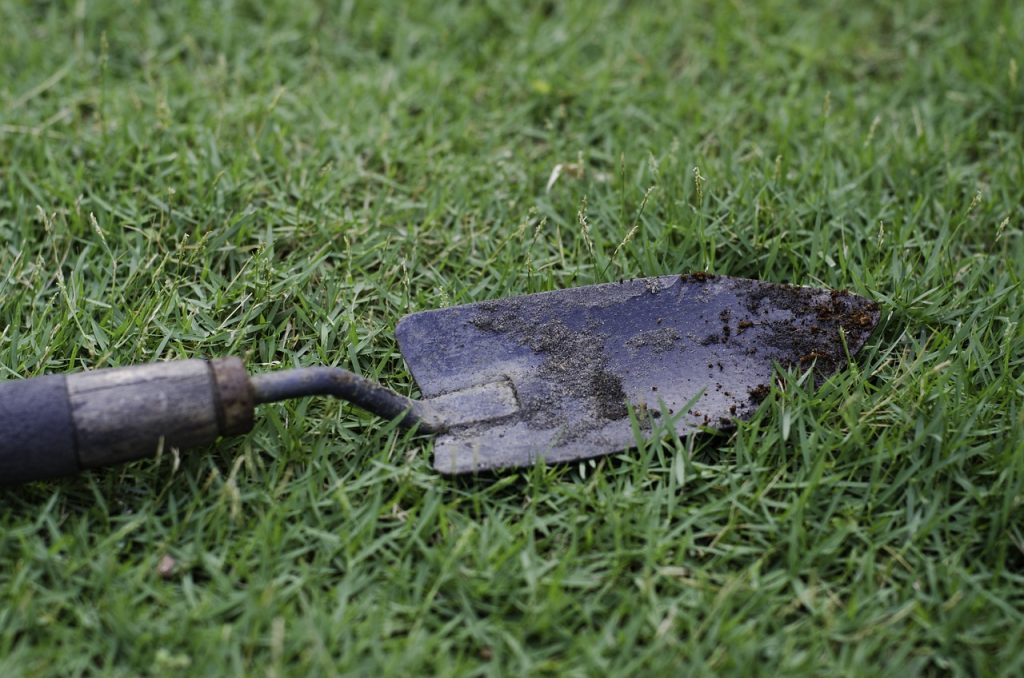Rosie experiences a wide range of diffuse symptoms. Fatigue, pain, nausea, dizziness, muscle weakness, difficulty eating, digestive problems, generic inflammation, and more.
It is difficult to test for and prove these things. But when they come together like this, alongside hypermobile joints and evidence of circulatory problems such as Reynaud’s Syndrome and Postural Tachycardia – all things which can be tested and demonstrated – then the diagnosis of hEDS is easy.
And then a whole load of seemingly nebulous and generic symptoms actually make sense and are explained and explainable.
Having a diagnosis makes a huge difference. It means that Rosie understands what is going on in her body when her lymph glands swell and she develops a sore throat and feeling of internal inflammation.
It’s not ‘flu or any other virus; it’s what her body does when she’s over-worked, and it can therefore be avoided by reducing activity levels to keep within what her body can do. Where a respiratory virus is avoided by being careful in crowded places and observing good hygiene, overwork needs a different response. So it is important to know the difference, in order to safeguard properly against it.
It means that when Rosie starts to feel depressed, despairing, or panicked, she knows it’s not usually about her emotional situation. It’s about having done too much over too long a period of time, and her body is rebelling and going on strike in defence against the over-bearing brain.
When the usual remedy for depression is to go out and be active, Rosie now knows that her depression is physical, and that the remedy is to go to bed. This in turn means that she can now stave off suicidality, by knowing that the answer is not to work harder but to work less.

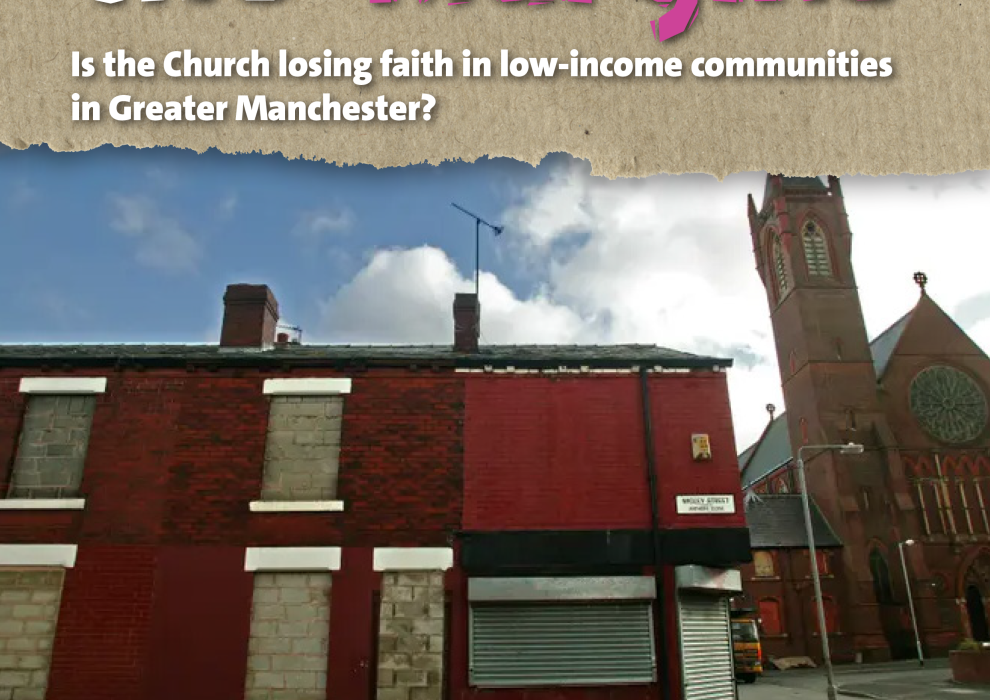
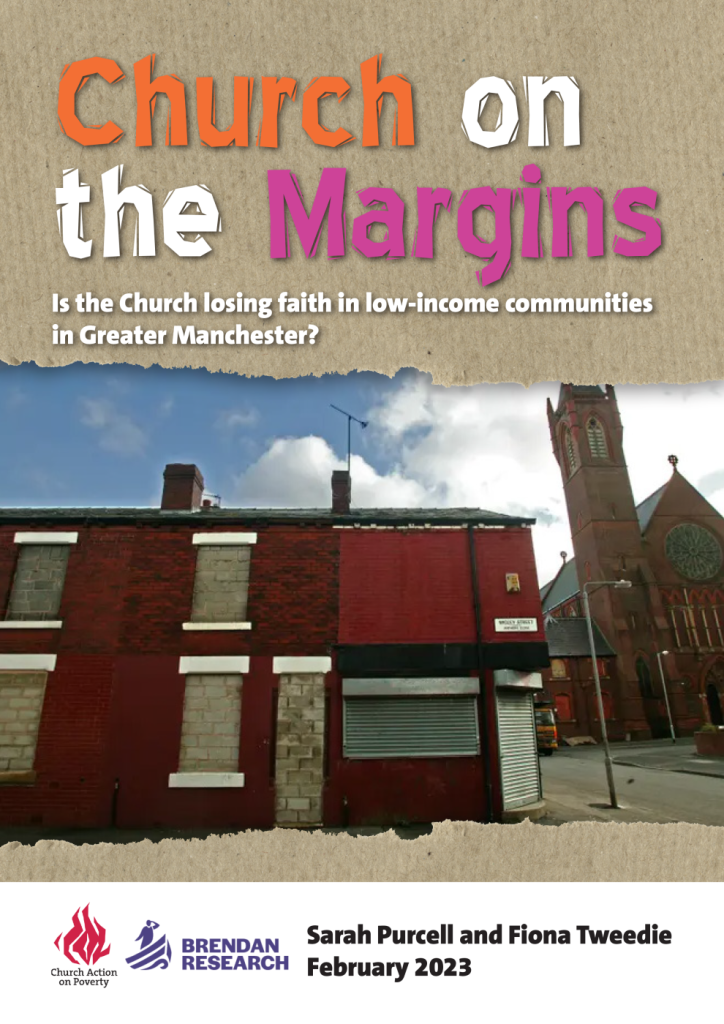
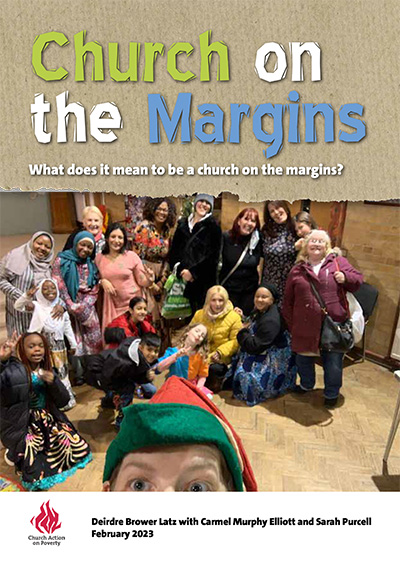
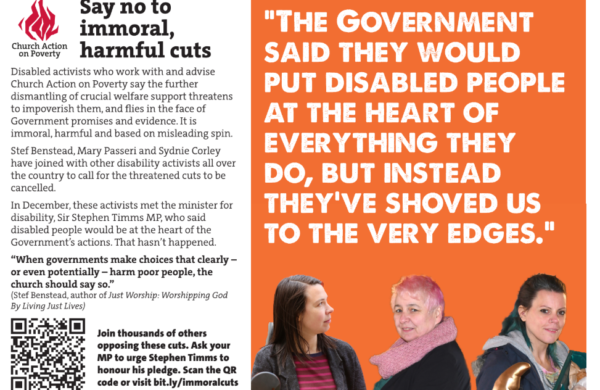
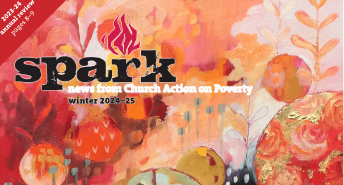
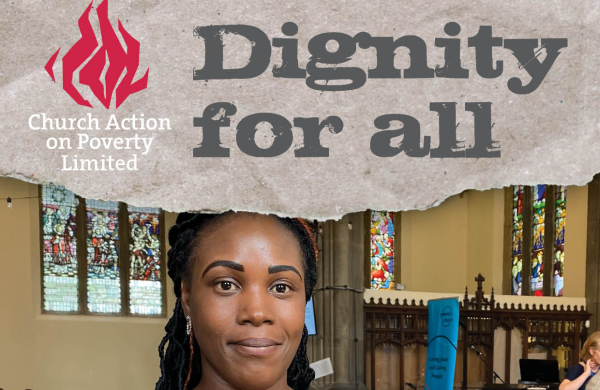
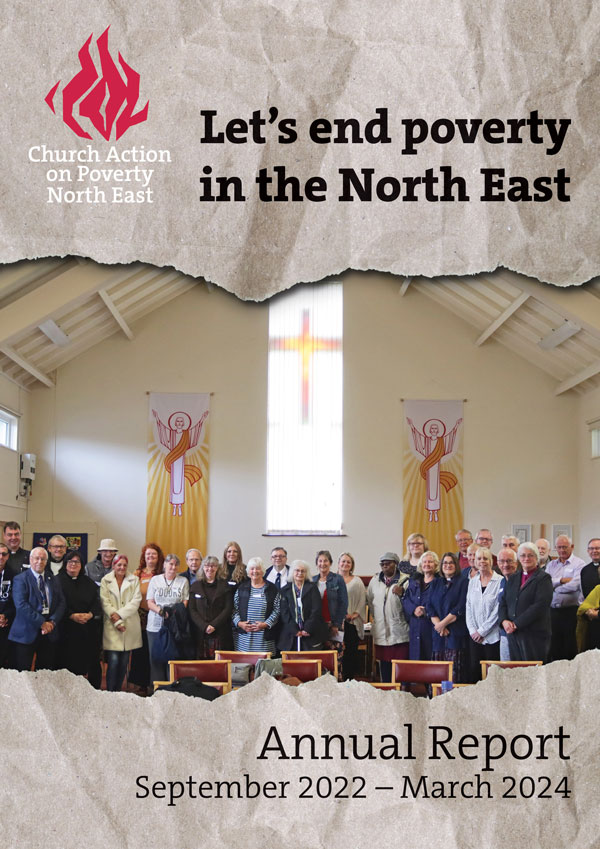
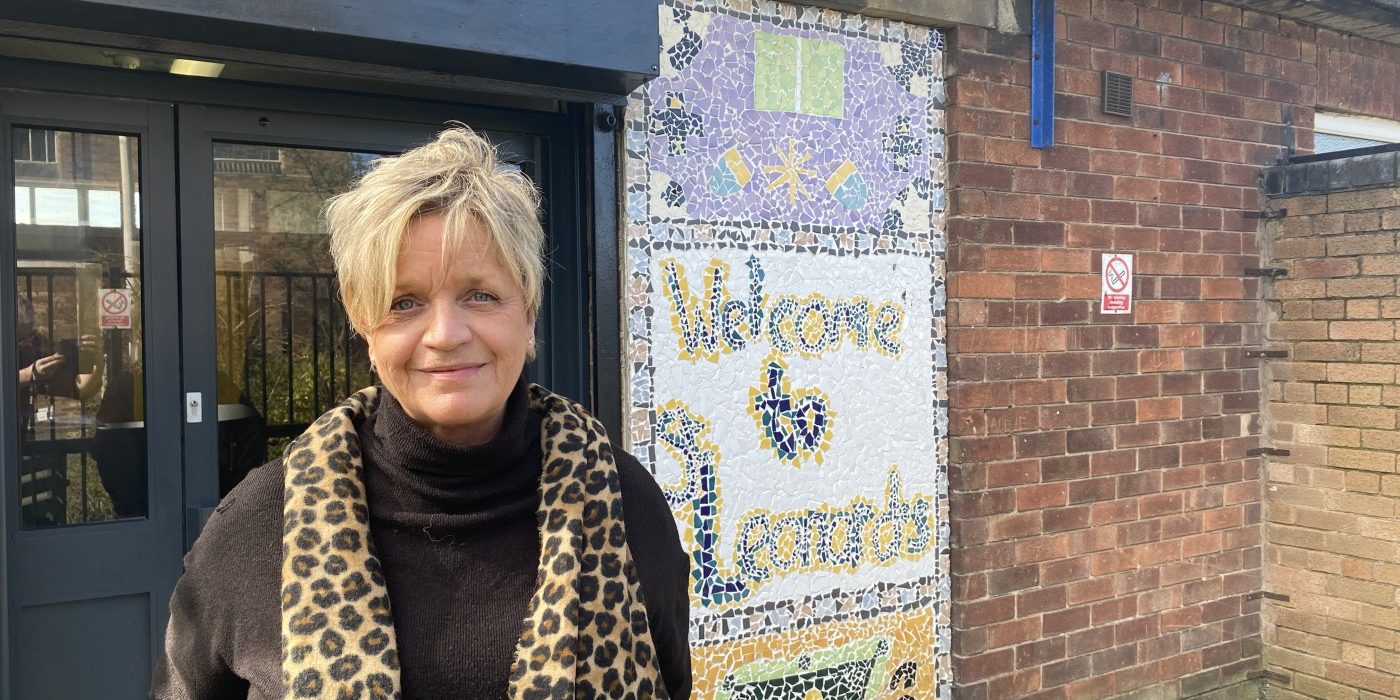
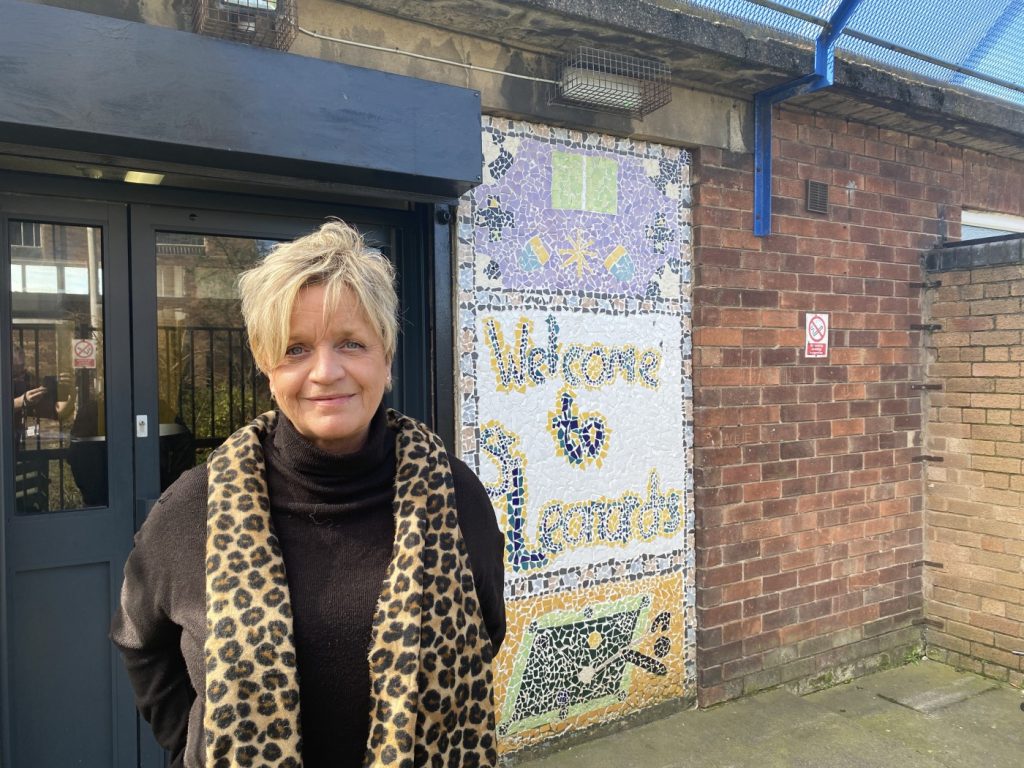
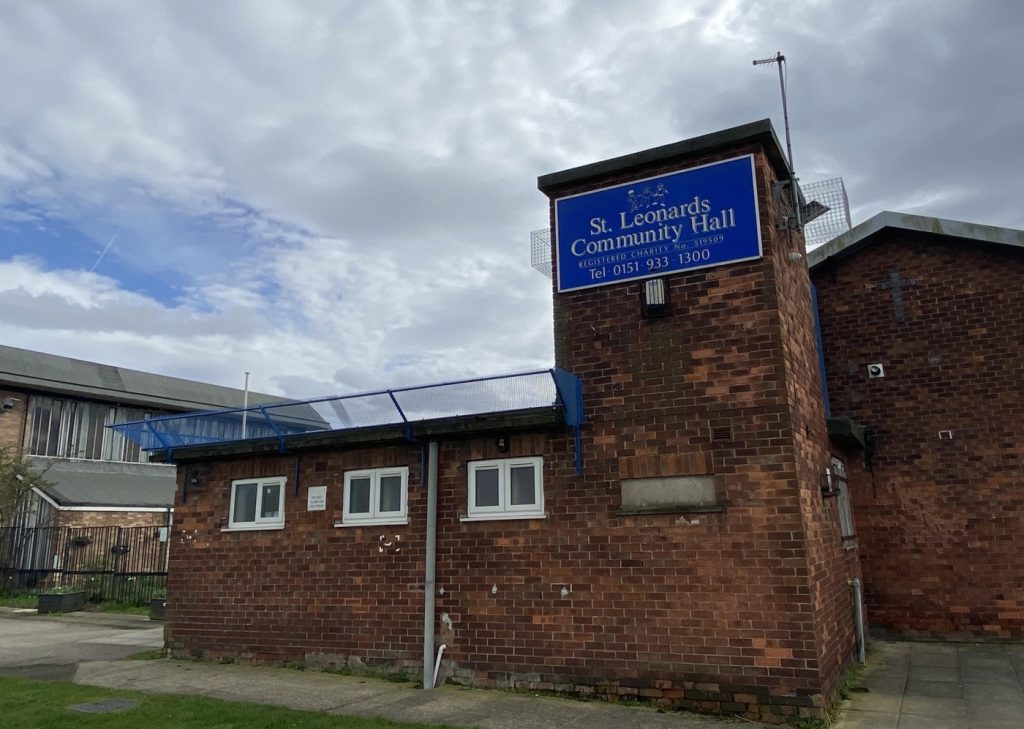
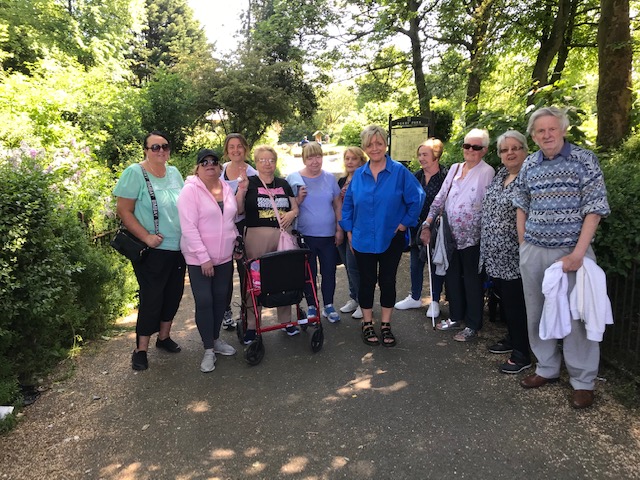
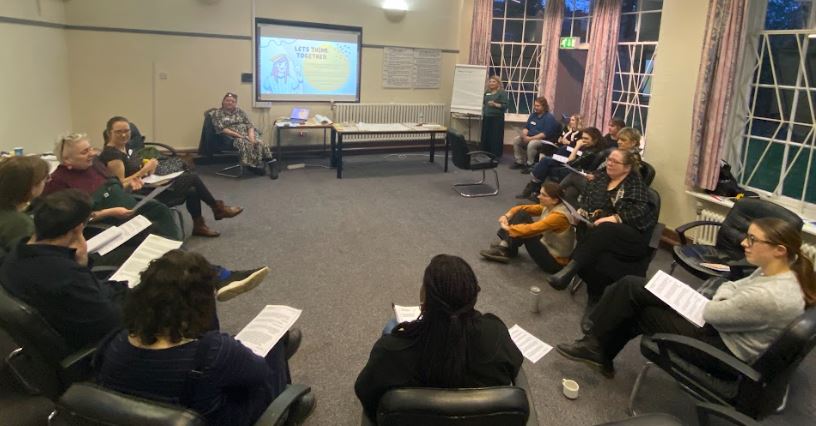
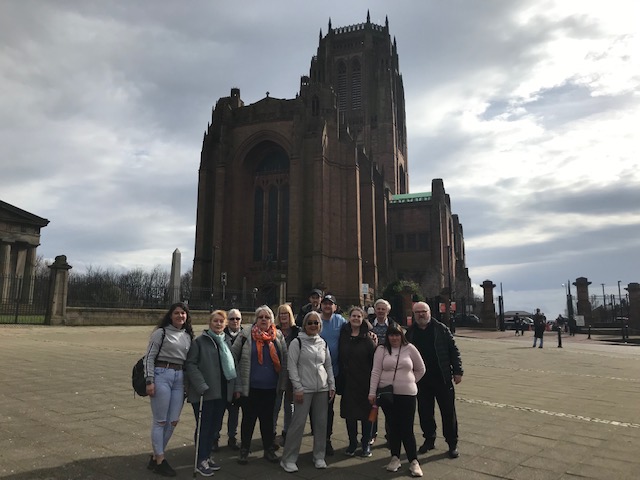

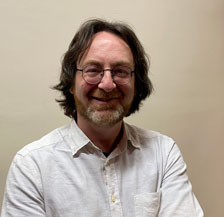
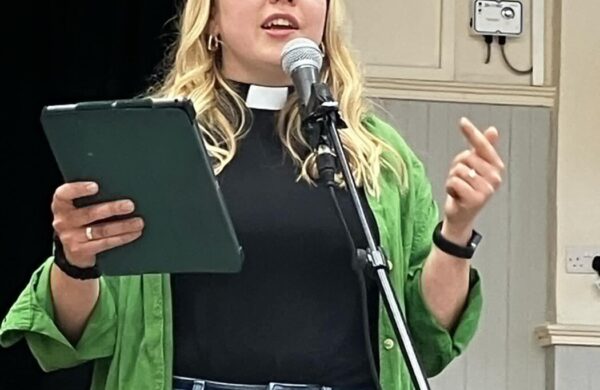
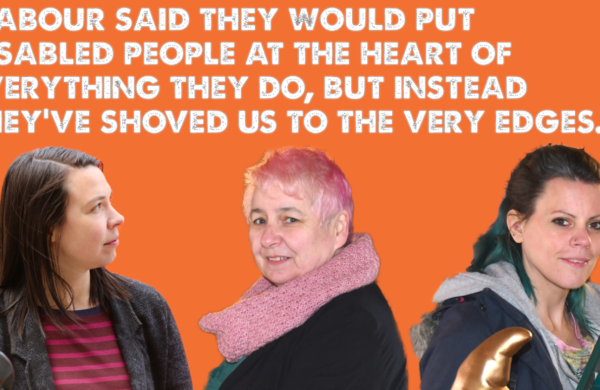












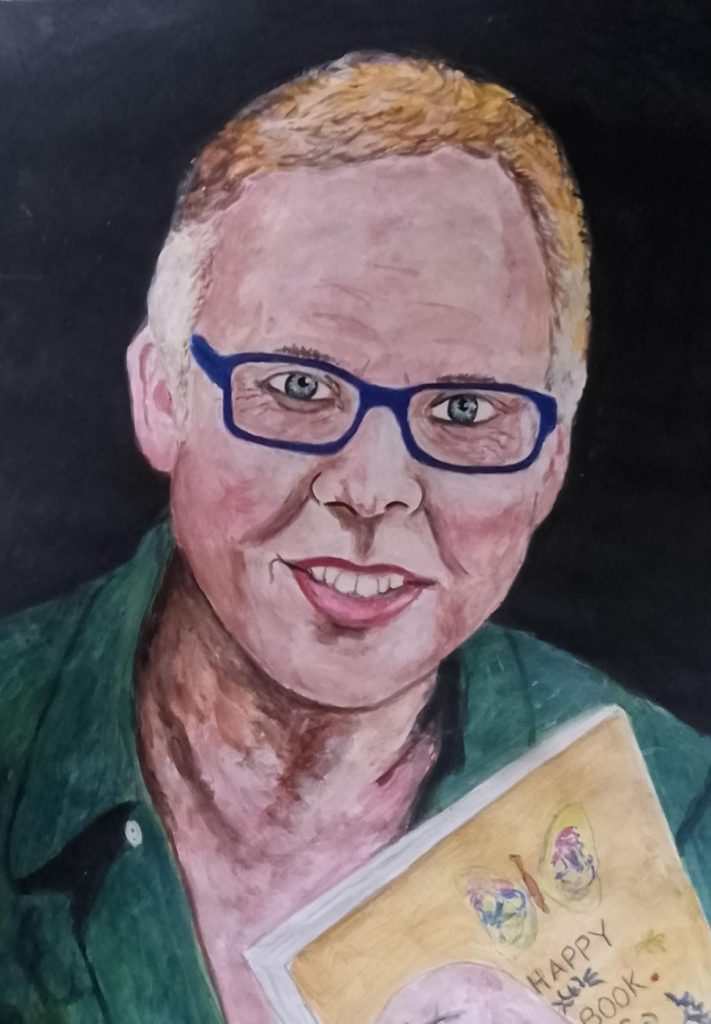
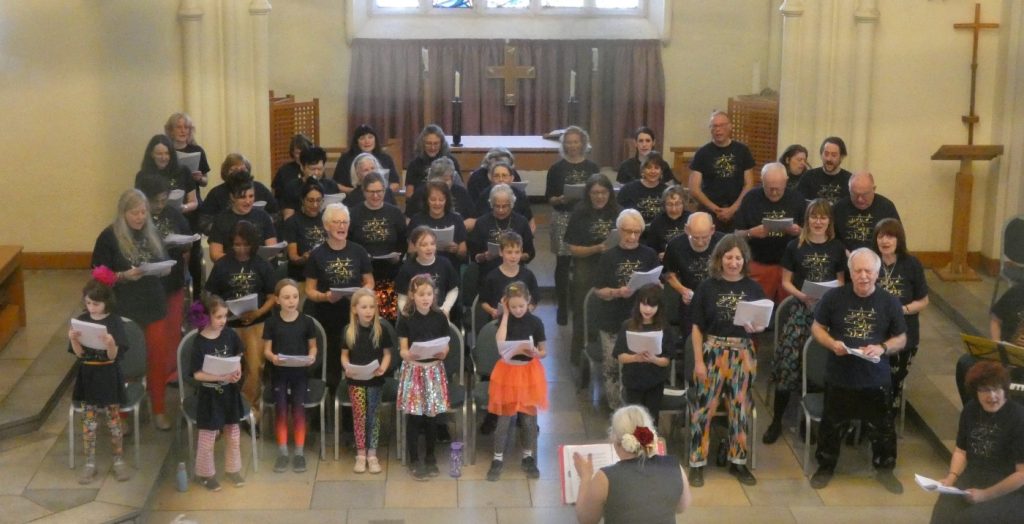









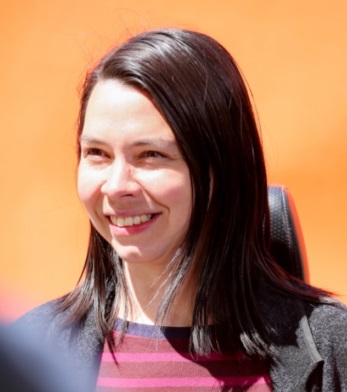 These stories are told by Stef Benstead, a social justice campaigner, Manchester Poverty Truth Commissioner, and an expert on the mistreatment of disabled people.
These stories are told by Stef Benstead, a social justice campaigner, Manchester Poverty Truth Commissioner, and an expert on the mistreatment of disabled people.


